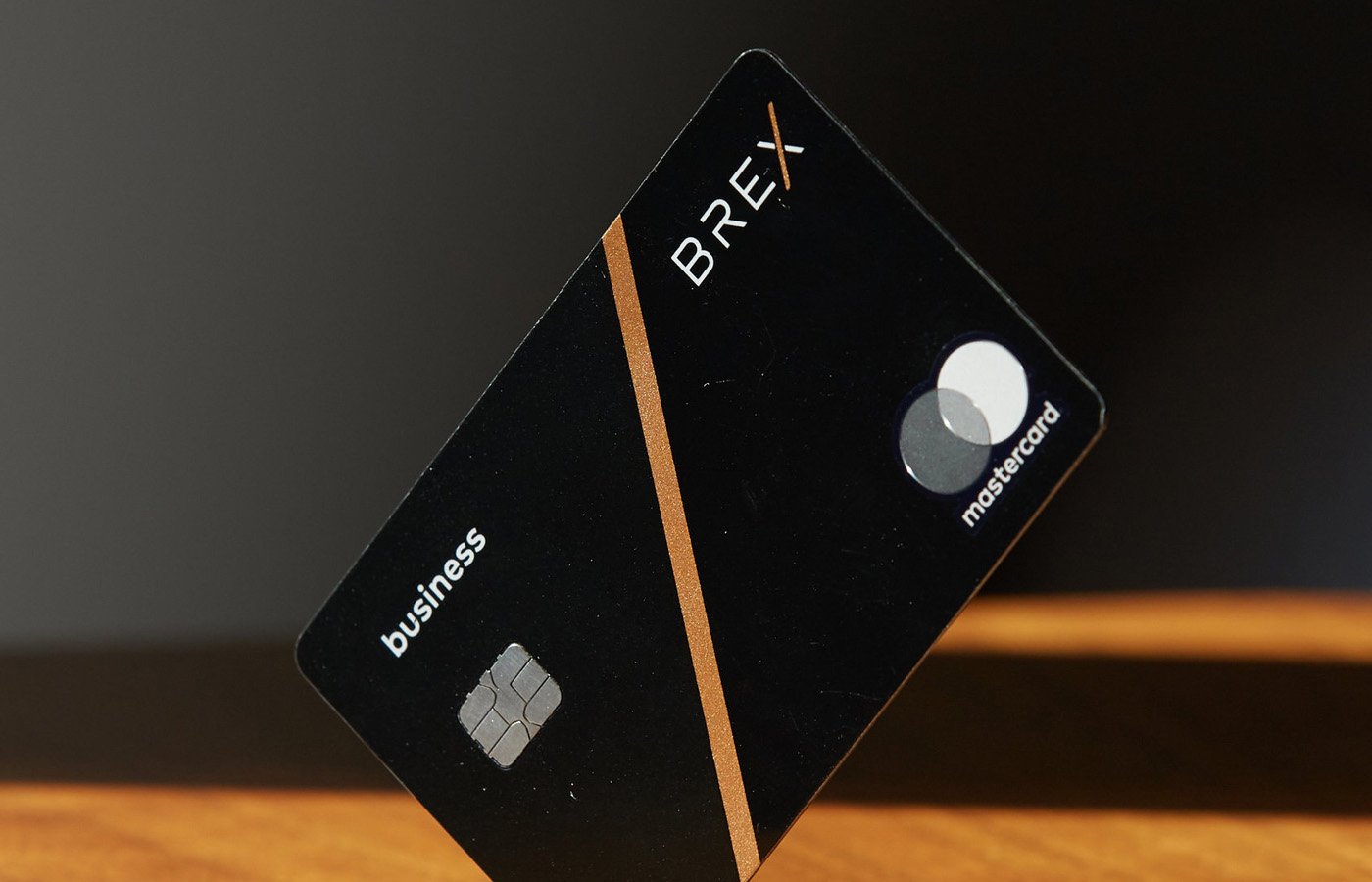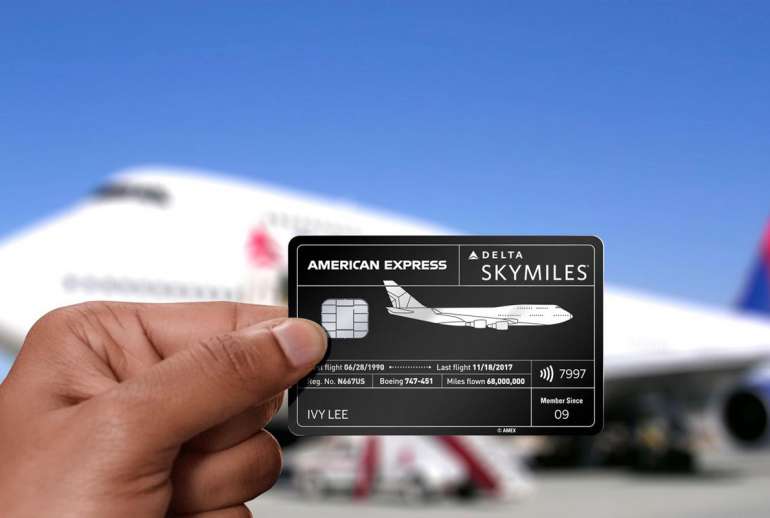There’s a unicorn gallivanting around Silicon Valley during the cloudy days of scrutiny from regulators and lawmakers, and that’s Brex, a start-up from San Francisco that provides credit cards to other start-ups. Brex’s success is all but ensured as investors pour tens of millions of dollars into the fledging company.
When in doubt during uncertain times, you can always cater to other businesses – many of which are in need and unserved. And that’s exactly what Brex has been doing with success in the Fintech space. Brex partnered with Sutton Bank to start offering corporate Visa credit cards to start-ups with no history or Fair Isaac Corporation (FICO) credit scores. The founders, Henrique Dubugras and Pedro Franceschi, both from Brazil (and still very young), dropped out of Stanford University after eight months to pursue a preferred future in tech, and then followed by Brex.
They say that necessity is the mother of invention, and such was the case with Brex. Henrique and Pedro, two entrepreneurs at heart had been working on a start-up at an earlier date and found it nearly impossible to get their hands on a corporate credit card. This was the point when the idea of a card for this niche segment of society turned from sparks into a burning full flame.

Without a history to assess risk, most credit card companies aren’t willing to issue cards to budding entrepreneurs and new businesses with no revenue or cash flow to show. There are a few entities that offer corporate credit cards to start-ups other than Brex, like Chase and Silicon Valley Bank, all of whom use methods of acceptance based on nontraditional standards.
Brex determines your start-ups status by looking at the big picture: they’ll take into account your reputation, any investors and venture capitalists associated with your project, in addition to the amount of money that’s been raised. But to be sure, this is not gift giving without strings attached, because there are conditions that must be abided by, should your company meet the approval benchmarks and qualify for the Brex card. An automated application process can be found online here and goes relatively quickly – supposedly an account can be approved in under ten minutes.

There are some things to know in advance, however. Primarily being, that your bank account will be continuously watched and closely monitored daily, with the Brex entity reserving the right to adjust your credit limits at any time. As a holder of the Brex corporate credit card, you will also be required to pay off your balance each and every month. How a start-up manages its cash reserves gives good foresight into the potential for success when being evaluated for a card by Brex.
As far as fees go for being a Brex card holder, the cards cost 5-dollars a year per user. The first five users are free, and Brex takes transaction fees from merchants. Points and rewards can also be earned with the Brex card. According to the Bureau of Labor Statistics, 21-percent of business fail during their first year. This number increases to 50-percent by the fifth year, and a whopping 67-percent of them have been eliminated before their ten-year anniversary even hits. Start-ups know that money is effectively like oxygen and having cash flow is a key to survival.

The companies, like Brex, offering corporate cards to start-ups are considered to be disruptors to the industry that uses a traditional FICO-based credit card scoring system to issue cards. But thanks to these disruptors who buck the trend, there is a viable option out there, at least for now, for new entrepreneurs and start-ups, as a possible means to help guarantee survival.



